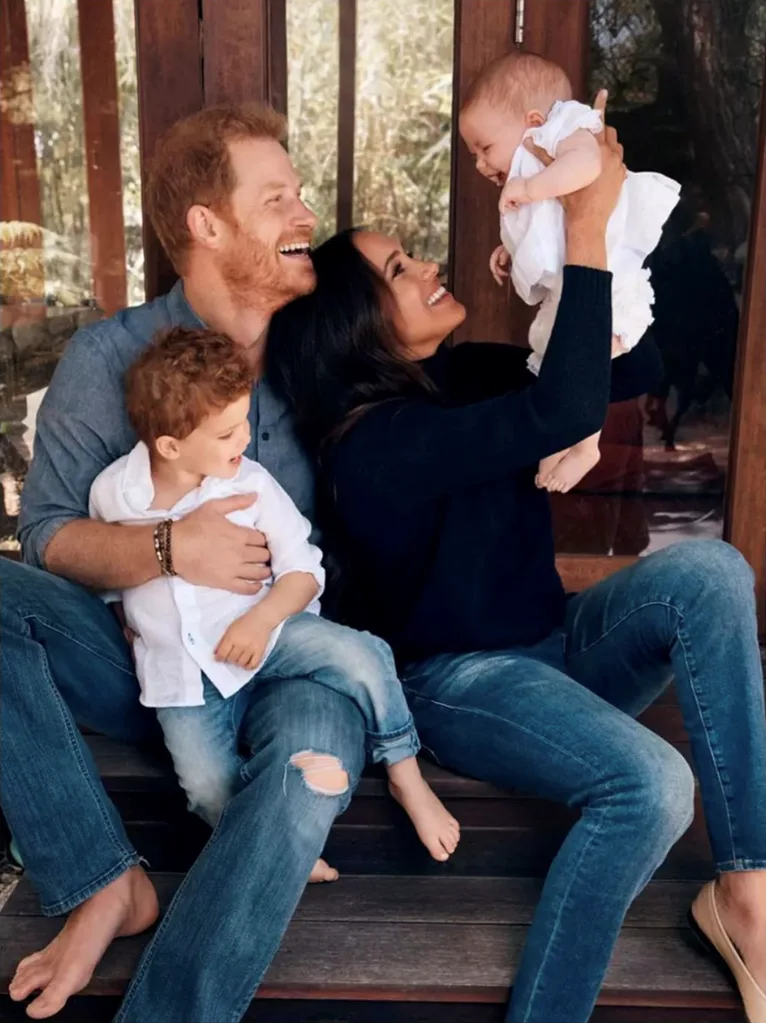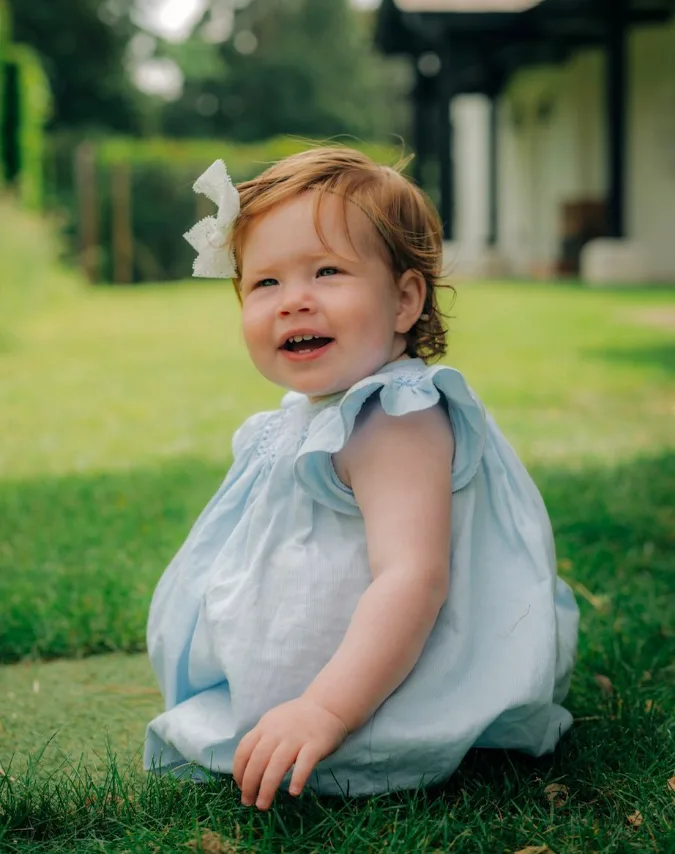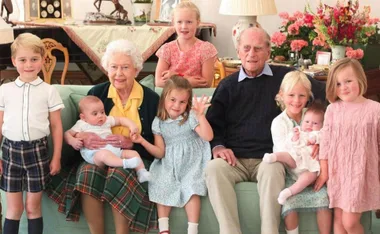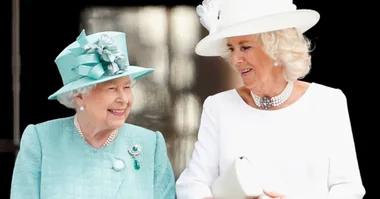The tragic death of Queen Elizabeth II means that Prince Harry and Meghan Markle’s son, Archie Mountbatten-Windsor, is now technically a prince.
It’s a title that Meghan had previously claimed was denied to Archie, who is seventh in line to the throne, because of his race.
Archie’s younger sister Lilibet, eighth in line in the order of succession, is now entitled to be a princess after the death of the Queen and the accession of her grandfather, Prince Charles, to the throne.

Archie and Lilibet have now become Prince and Princess respectively.
(Image: Alexi Lubomirski)In a bombshell interview with Oprah Winfrey last year, the Duchess of Sussex said that while she was pregnant, the palace “were saying they didn’t want [Archie] to be a prince … which would be different from protocol.”
She implied it might be a case of “the first member of color in this family not being titled in the same way that other grandchildren would be.”
When asked in the Oprah interview if Archie being a prince was important to her, Meghan replied: “If it meant he was going to be safe, then of course.”

Archie’s younger sister Lilibet, eighth in line in the order of succession, is now entitled to be a princess.
(Image: Misan Harriman)The only great-grandchildren of the late Queen with royal titles were Prince William and Kate Middleton’s three kids, Prince George, Princess Charlotte and Prince Louis.
Her Majesty’s other 10 great-grandchildren, including Archie and Lilibet, are not princes and princesses.
In 1918, King George V limited the titles of prince and princess to the children of the monarch, children of the monarch’s sons and the “the eldest living son of the eldest son of the Prince of Wales” – which today is Prince William’s son Prince George.
In 2012, the Queen decreed that all of Prince William and Duchess Catherine’s kids, not just the eldest, George, would use prince and princess titles.
Under the George V convention, Archie is now a prince as he is the grandchild of a monarch once Charles is king, as he became following the Queen’s death.



